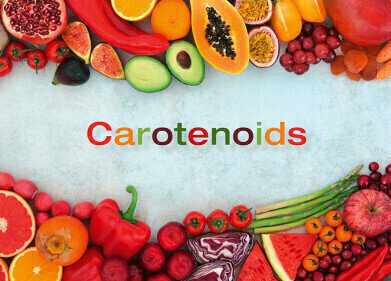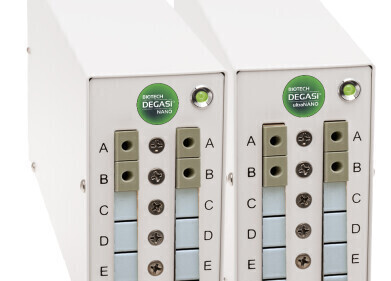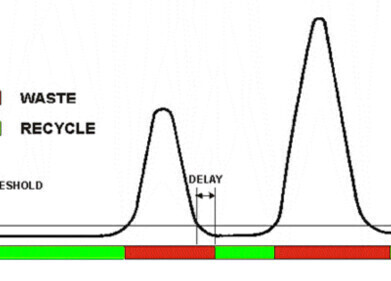HPLC, UHPLC
Chromatography Investigates Contamination in Fuels
Feb 05 2020
Gasoline and ethanol are two of the main automotive fuels used in Brazil. The use of ethanol as a fuel for vehicles in Brazil accounted for almost 44% of the market share in 2018. Compared to other major users of ethanol as a fuel - Paraguay (25%), USA (10%) and China (3.5%) - this is significant. But it is not without its problems.
Like many profitable enterprises there are always people who will try and make a quick profit through illegal and/or fraudulent means. And fuel is no different to foods, perfumes or whisky. Adulteration with a cheaper ingredient in an attempt to fool customers happens globally. A recent paper published in the Journal of the Brazilian Chemical Society reports on work to establish a new method to detect methanol fraud in gasoline and ethanol fuels in Brazil. And chromatography was at the heart of the new method.
Don’t run on gasoline alone
Gasoline, or petrol, is derived from crude oil and petroleum. But in Brazil, most vehicles do not run on pure gasoline. For many years now, cars in Brazil run on either a mix of gasoline and ethanol or on pure ethanol. As environmental and political issues come to dominate, the use of renewable fuels becomes more important.
In 1998, regulators in Brazil set standards for the quality of fuels sold in Brazil - and one of those standards limited the amount of methanol to 0.5 vol% due to methanol’s toxicity. But as discussed earlier, adulteration of fuel is carried out to increase profits - and methanol is cheaper than ethanol. This affects the consumer in two ways - methanol adulteration increases health risks due to its toxicity and financially because methanol has a lower calorific value and thus motorists have a higher fuel consumption.
Chromatography analysis of methanol
Brazilian researchers have developed a new chromatography method using high performance liquid chromatography with refractive index detection (HPLC-RI) to detect and quantify methanol in gasoline and ethanol fuel. The use of chromatography in conjunction with different detector systems is discussed in the article, Screening of Western Drug Adulterants in Complementary Health Products by High Performance Liquid Chromatography/Diode Array Detection/Mass Spectrometry.
The team report that the method they developed is a simple, fast, precise, accurate and sensitive HPLC-RI for determination of methanol in gasoline with ethanol and ethanol fuels. The recovery accuracy for the method is reported between 98 and 103%, meaning that the method is a suitable alternative to established analysis methods for methanol in gasoline and ethanol fuels.
Digital Edition
Chromatography Today - Buyers' Guide 2022
October 2023
In This Edition Modern & Practical Applications - Accelerating ADC Development with Mass Spectrometry - Implementing High-Resolution Ion Mobility into Peptide Mapping Workflows Chromatogr...
View all digital editions
Events
Apr 28 2024 Montreal, Quebec, Canada
May 05 2024 Seville, Spain
May 15 2024 Birmingham, UK
May 19 2024 Brno, Czech Republic
May 21 2024 Lagos, Nigeria














